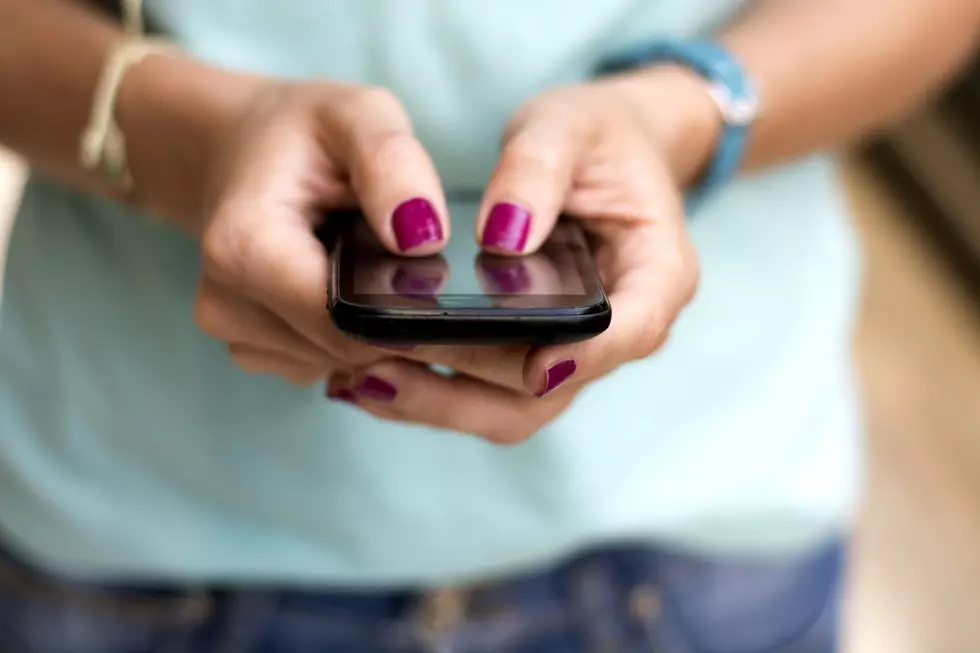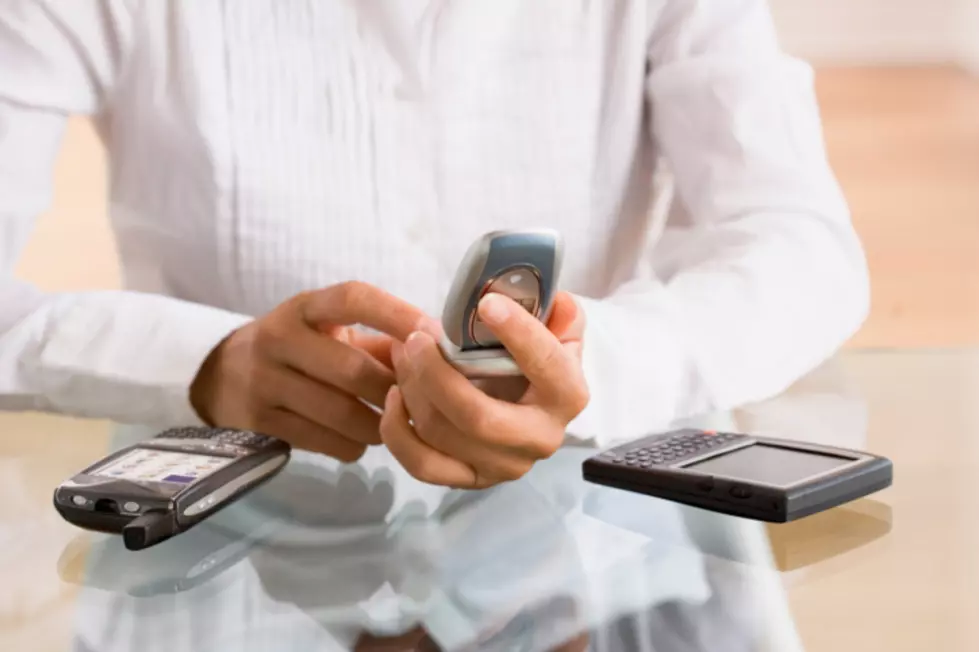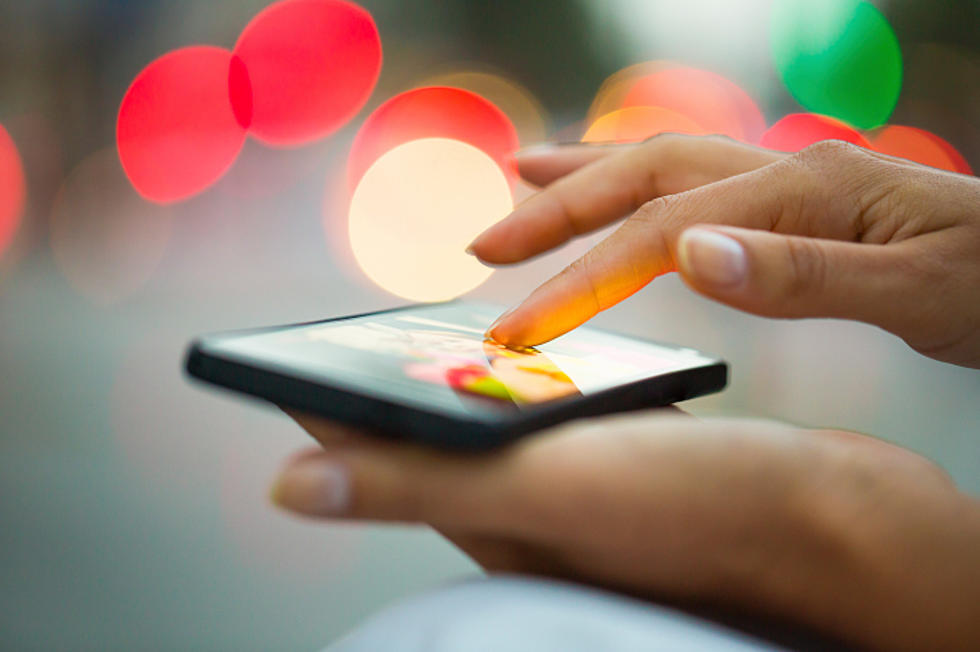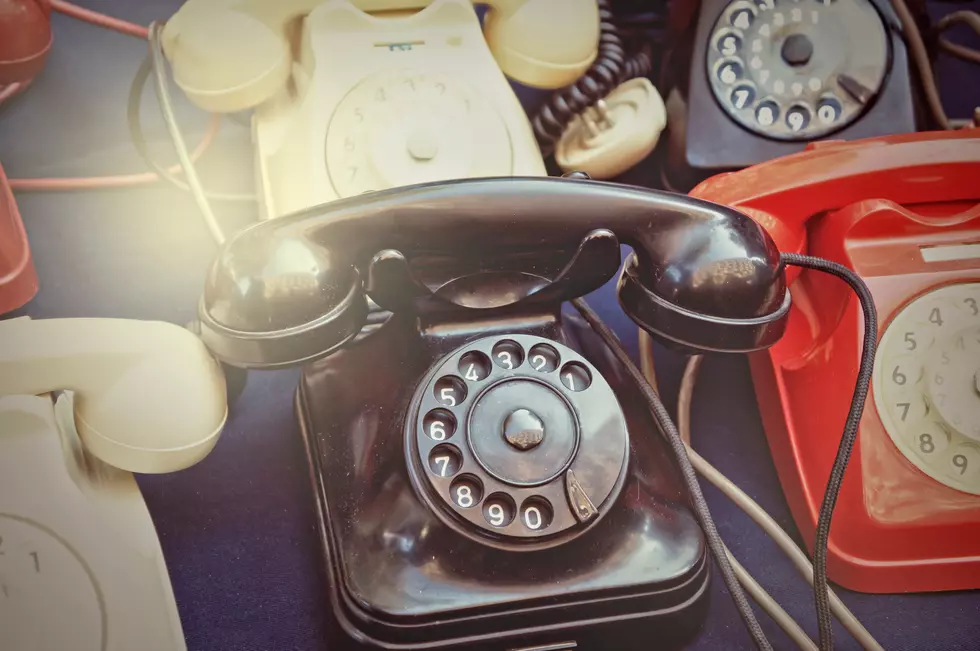
One Lawyer Says You Might Want to Delete Your Period Tracker App
I ran across an interesting article on the Fox 2 website reporting that a tweet from an attorney and activist named Elizabeth C. McLaughlin suggested women delete their period tracker app and its data has gone viral. If you're a woman who uses an app to track your cycle, you should read on. Actually, everyone should read on because it's a cautionary tale about what can happen to your personal data shared with apps, health, and otherwise.
According to Fox 2, McLaughlin's tweet says, "If you are using an online period tracker or tracking your cycles through your phone, get off it and delete your data." You can see McLaughlin's tweet and the thread discussing it here.
Fox 2 says the tweet was sent in response to a recently leaked draft that indicated the U.S. Supreme Court may overturn Roe vs. Wade. The upshot of why McLaughlin thinks you may want to delete your period tracker app is that the data these apps collect are not protected by HIPPA, which keeps your medical information between you and your doctor.
The health data collected, in theory, could then be used against you to show you were late, missed a cycle, or had unprotected sex. And this data, like all the data we share on apps and on social media websites, can be sold. For example, as Fox 2 suggests, to an anti-abortion group that wants to use your information against you.
Personally, I'm a believer that your health information should be between you and your doctor. This leads me to the larger question and the reason I suggested everyone read the article. What other private health type data are you sharing or tracking via an app? And could it come back to bite you in some way?
Trying to lose weight with an app? Trying to stop smoking with app? Drink less alcohol through an app? Or get CBD delivered to your home through an app?
All of these things can lead to your personal health data being sold. And you or I might not think it's a big deal if that data is sold to market products to us to help us achieve whatever goal we're working towards. I mean you do a web search on anything and we're marketed to that way anyway.
But what if your health insurance company wanted to see that data? Do you really want them to know about your habits? Or the government? Do YOU really want them to know what you do in your private life? Are you OK with them buying that data?
The bottom line is it's a wakeup call for all of us to take a look at not only what we're sharing on social media or the web, but what personal, private, data we're inputting into an app to help us lead a better life, and what the app owner might do with it.
And if you're a woman of a childbearing age who doesn't want a creepy senator, representative, or anti-abortion group's lawyer poking around your uterus you definitely want to delete that period tracking app.
LOOK: What are the odds that these 50 totally random events will happen to you?
Gallery Credit: Isabel Sepulveda
LOOK: Stunning animal photos from around the world
Gallery Credit: Nicole Caldwell
More From Mix 92.3









